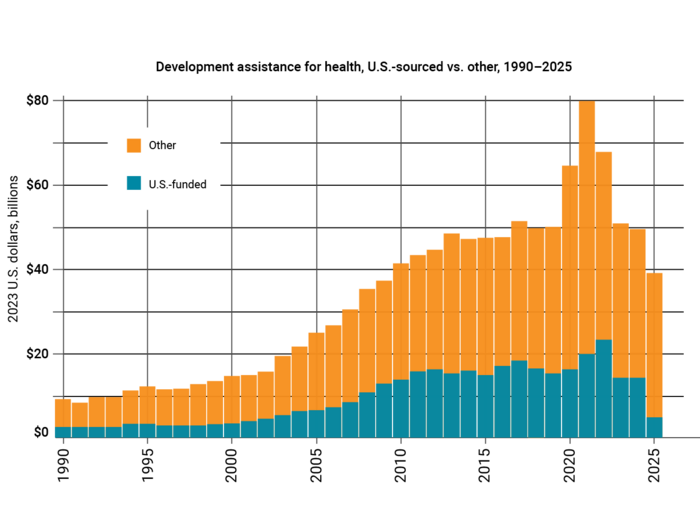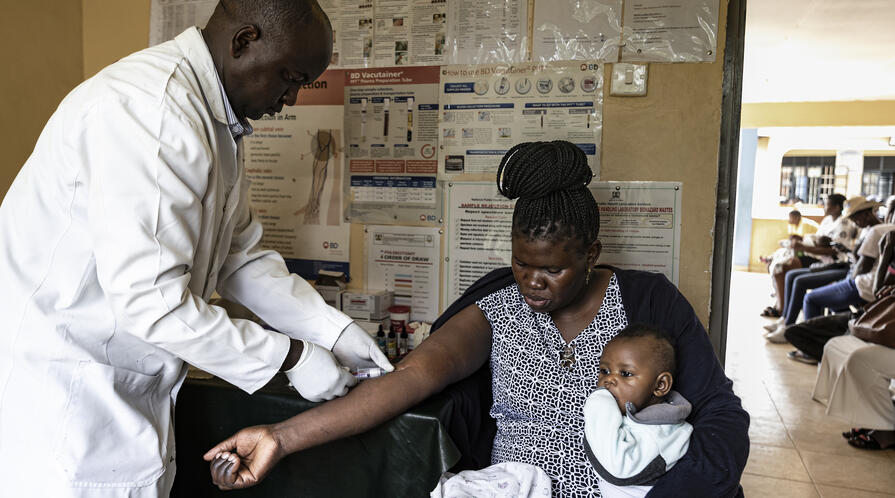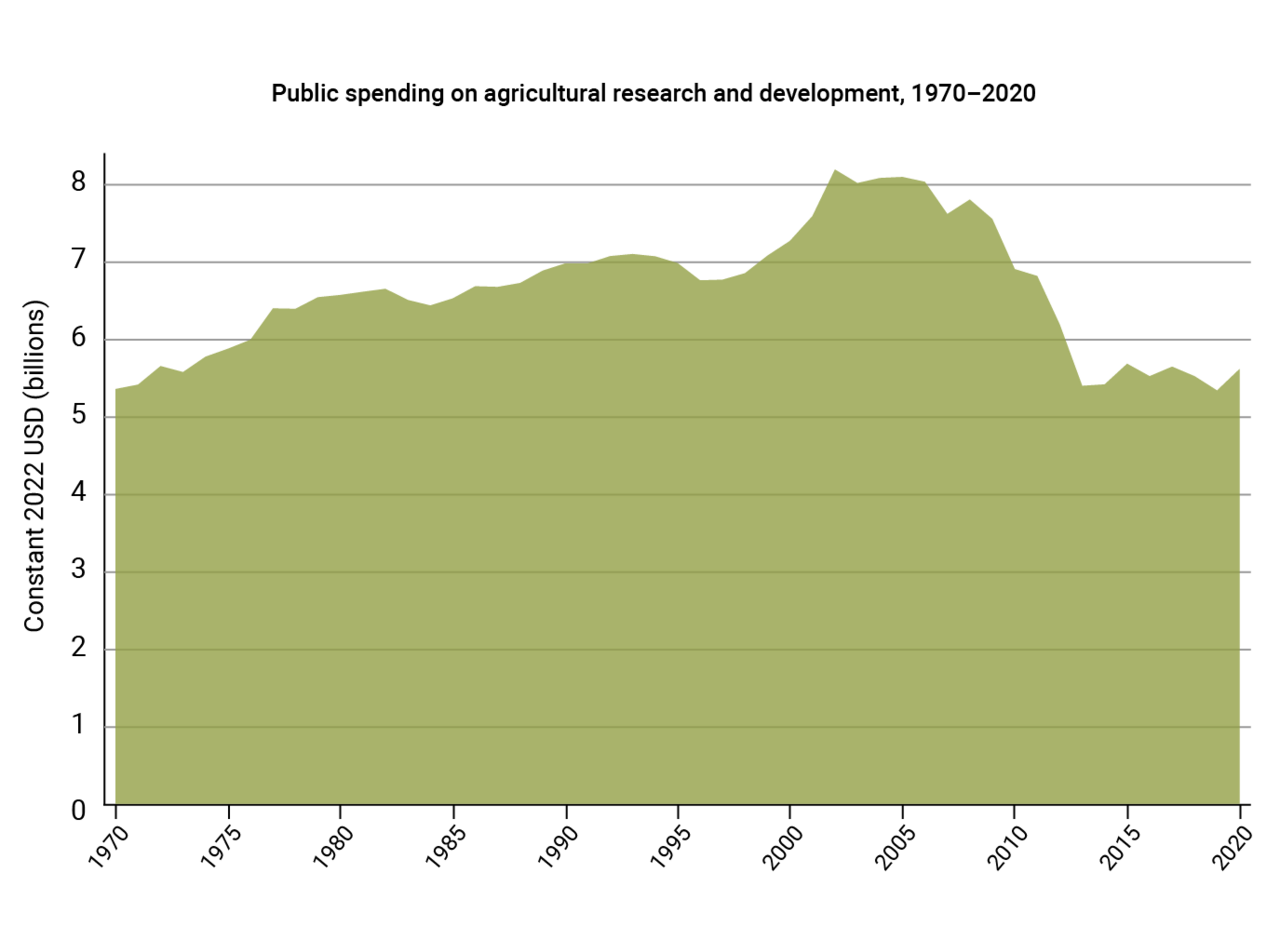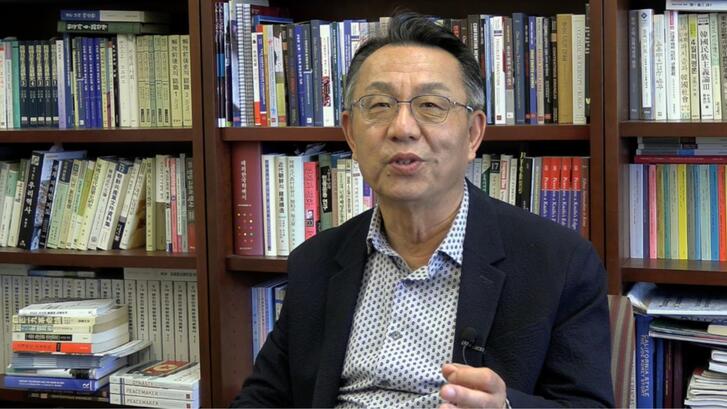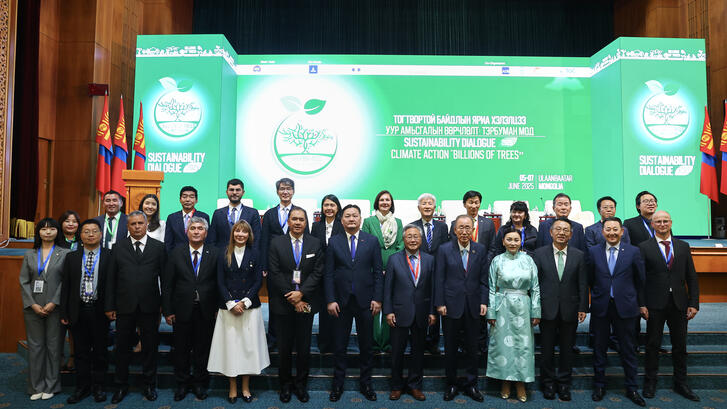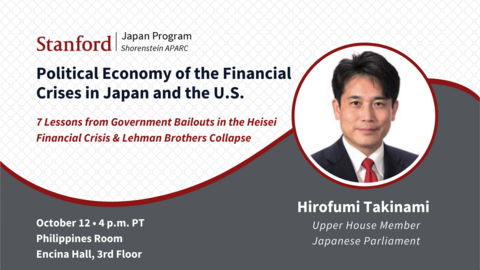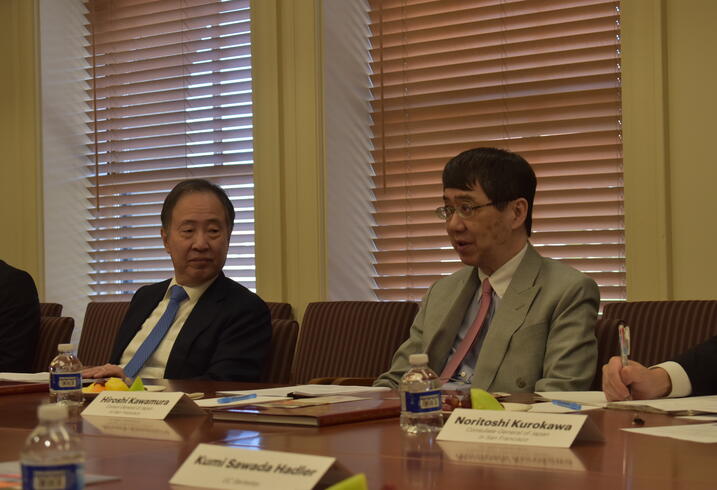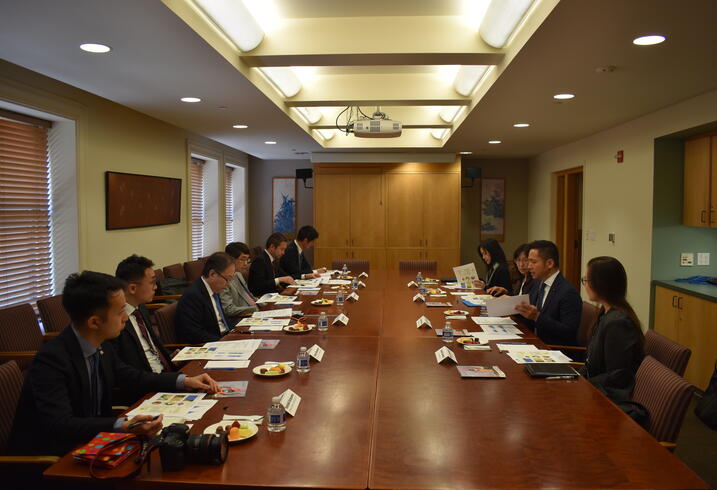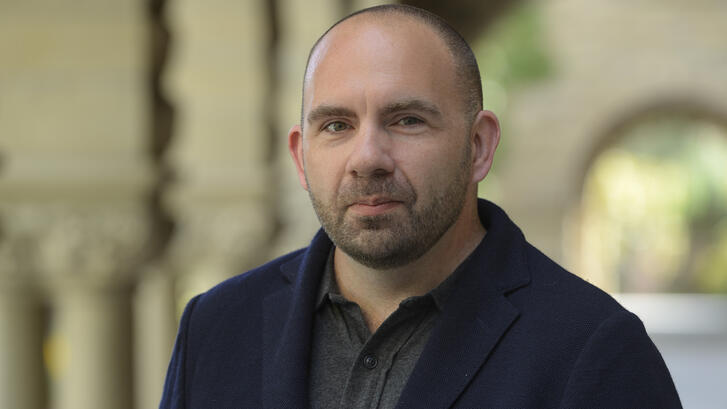This interview with Oriana Skylar Mastro was originally published by the Center for Advanced China Research.
A little over a year ago, you pointed out in an article in Foreign Affairs that there is “no quick and easy fix” for the United States to ensure Taiwan’s security. How would you assess the United States’ Taiwan policy in the time since you wrote those words? How much progress has Washington made in improving Taiwan’s security picture and our military posture in the region?
Unfortunately, I don’t think we have made much progress in those particular areas. One of the reasons I wrote that article is that I was trying to make the argument that an assessment of US capabilities right now is largely driving Chinese thinking. They are assessing US capabilities and also their own capabilities to achieve certain military goals much more than they are assessing questions of resolve, as I wrote in that article. Chinese strategists are assuming US military intervention. Unfortunately, the Biden administration seems to still be focused on this communication of resolve aspect, and they spend a lot of their time and effort doing things like signing joint declarations about how Taiwan is important or having Biden make statements that lean much more towards strategic clarity, saying they’re going to defend Taiwan. I don’t think this enhances deterrence because this is not the primary factor that Beijing is currently considering when they’re deciding whether or not to attack Taiwan. It’s really about those capabilities.
Under the Biden administration, there’s more consideration of what Taiwan needs to defend itself, but none of that has actually come to fruition to any significant degree. There’s also more consideration about the need for more funding for things like the Pacific Deterrence Initiative, but not much has actually come to fruition on that either. So I think we’re not in any better position than we were when I wrote that article.
It sounds like you feel that the communicative aspect of deterrence doesn’t matter and that it’s only capabilities that matter, but you have also argued in the New York Times that the United States would be “outgunned” in a Taiwan conflict, which you based on tabletop exercises that you’ve been a part of and other assessments. If the United States is really at a military disadvantage in a Taiwan contingency, are US capabilities really the thing that’s deterring China anymore, or is it simply the geographical challenges in conquering the island, which you also talked about? Is the US military factor not really doing the deterrence job anymore?
I see those as the same thing. I say the United States is “outgunned,” and this is more of a balance of forces type of scenario, but the most important thing to keep in mind is, I’m talking about situations under which China initiates the conflict. So if we’re in that scenario, they’re going to find a time and place that is most favorable to them and least favorable to the United States. There are many ways the war could happen that the United States wins. So it’s not the case that China wins every time, but I guess part of my argument is, China is going to try to not fight those wars that they know that they would lose and instead guide the conflict towards areas of success, and one big aspect of that is moving quickly. So the problem with the amphibious assault is, let’s just say it’s completely uncontested, you’re just talking about a couple of hours of moving ships across a narrow strait, that’s not quite so difficult. The issue is if there’s any contestation. And sure, Taiwan is a component of this, but Taiwan doesn’t really have the military means, even with the geography and difficulty of landing stuff. Taiwan has the means to impose some costs on China for the invasion but not to stop the invasion. The real question is whether or not the United States can bring the massive firepower needed in a timely manner while they're trying to conduct that invasion, and a lot of that has to do with the amount of early warning the United States gets, whether or not we can get better at more quickly deploying our assets, things of that sort. So I think the Chinese calculations about how difficult the invasion is going to be are also predicated on how quickly and with what the United States can respond once it becomes apparent that the invasion is underway.
You also talked in the New York Times article about the difficulty of responding given that we have a limited number of air bases that are within refueling range, and of course our forces are dispersed all over the globe. How dire, for lack of a better word, do you think the situation is for the US military? Is this something that we could fix with more aircraft carriers in the region, or is this something that we can only do over a longer time frame? You have mentioned trying to get more basing rights in regional partners; is this something that we really stand a decent chance of addressing in the near term, or is that something that it would just take longer to do?
It’s very dire, and it’s not even just the number of bases. As a crazy hypothetical example, let’s say that the president says tomorrow, Asia is so important that now I’m dedicating all military forces to Asia. There’s no place we could put them! These airfields, for example, can only generate so many sorties, they can only house so many aircraft. It’s not like all of a sudden you can put all these forces forward deployed in Asia.
I don’t want to say that it’s long-term because these things can happen quite quickly when there’s political will on both sides, but it really is a diplomatic problem, it really is about getting the United States more access and more flexible access to the bases we already have, because there are rules, regulations, and restrictions to what we can have certain places, what types of operations we can do. The South Koreans, for example, we have to consult ahead of time, we have all these sorts of things that slow us down, and so we do need more places from which we can operate, and we need more flexibility with our allies and partners in how we operate when the time comes. That is going to be negotiated and that is going to be paved by diplomats.
So when Secretary Blinken says he wants to lead with diplomacy, I’m all for that, but you have to actually put in that work, and I don’t see that work being put in with key countries in the region.
Given that the Biden administration has already been in office for a year and a half, do you feel that’s something that is likely to be turned around, or do you think we’re going to be stuck in neutral for the foreseeable future?
I think the Biden administration is a bit risk averse. There’s a number of very logical reasons for this. They inherited a mess domestically, just like President Obama before, having to dig our way out of economic troubles and with COVID and all these other issues. I’m not an expert on American domestic politics, but my sense is that you always need support for certain policies, and so where are you going to be pushing things forward? Is it going to be on gun reform, or is it going to be on bases in Palau? And you know that because of the hostility of our politics these days, if things aren’t easy and perfect and everything isn’t going the way it’s supposed to go, the opposing party is going to jump down your neck about it. And so I understand the reluctance, the desire to engage with countries that we already have close relationships with and that we already do things with, the easier route of less resistance, versus potentially seriously reconsidering what our force posture should look like in a Taiwan conflict, because then you’re talking about changing your relationship with countries that are not unproblematic, like Vietnam. So I get why they are reluctant. Even with diplomatic initiatives, if they put together an initiative to try to regulate military uses in outer space or in cyber for the first time, what if it failed, what if no one came along with us? Politically, that wouldn’t look good, so I understand why they’re reluctant to try and fail. But I think just in government more generally, we can’t always predict all aspects of things, and we think doing nothing is better than something. But in this competition, we can try smaller-scale stuff, see how it works out, see what happens, and then hopefully experimentation in military strategy becomes more politically viable.
What happens after a Taiwan conflict? A lot of the discussion about a war over Taiwan is predicated on the idea that it’s a vital US interest, but is there a scenario in which Taiwan gets “reunified” but the United States’ network of alliances in Asia remains intact? Or is it an all-or-nothing deal, like a lot of people assume?
It completely depends on how it happens. Let’s say China moves very quickly and the United States is not able to come to Taiwan’s aid in time. That doesn’t really call into question US capability. For example, we have US forces in Japan, we have the forces necessary to defend Japan that are already there, so that’s a different scenario than the United States, with all of its might, waging major naval battles and major air battles and losing. Then, all of a sudden, I think the alliance system is more likely to fall apart because then it becomes clear to countries in Asia that the United States military no longer has the capability to stand up to the Chinese military, so then we see a lot more bandwagoning. So it kind of depends on what the United States’ role is in the actual conflict, and then a lot of it depends on the political decisions the United States makes after the conflict. One of the things I point out, for example, about the economic ramifications of a conflict or whether or not the United States has access to semiconductors and things like that, is that a lot of that depends on the US. We’re going to sanction, we’re going to prevent ourselves from engaging with the new Taiwan as punishment to China for taking Taiwan, that’s my most likely prediction of how the United States, at least politically and economically, is going to respond. We won’t recognize it, and then we’re going to try to lead some very serious decoupling economic sanctions against Beijing, so one of the ramifications of that war could be very serious economically if all of a sudden now we have two blocs and China and the United States don’t trade at all. Alternatively, it could be very minimal, if Europe and the US are like, “well, we didn’t want that to happen, but now it did, so let’s move on,” and we continue a similar economic relationship with Taiwan and China even in spite of that use of force. So whatever the situation is, it’s worse than if we defend Taiwan and win, that much I know for sure, but then in terms of how bad it would be for the United States and our allies and partners, I think that depends on so many of those factors it’s hard to say with 100% certainty what the situation will be.
Could the fear of losing all that credibility in a direct conflict with China over Taiwan create an incentive not to fight or to accept one of the phased invasions you talked about in the Foreign Affairs piece?
Yeah. I mean, that’s actually one of my biggest fears, that China moves quickly and the United States looks at the situation and says, “well, you could send this, but we know it’s not going to be enough.” So actually I think the worst-case scenario is that the United States sends some sort of token force. This is also why I’m very much against the statements Biden is making about strategic clarity, because I think it means that people in the administration are so focused on the rhetorical aspect of credibility that they might think it’s a good idea to send a token force so you can say that you tried, but it didn't work, and in my mind, that’s the worst of both worlds, because again, it might give people the impression that the United States doesn’t have the capability to defend them anymore, and then also China gets to defeat the United States. So in my mind, if the situation is such that we know we cannot win, I’m sorry to say, but I think it’s better that we don’t do anything versus sending some sort of token force to say, oh, well, you know, at least we tried.
But doesn’t the existence of that issue, the possibility that it would be more in our interest not to fight, reinforce the notion that we should have strategic clarity if we want to deter an attack?
Well, no, because again, China is not moving with the expectation that we will not fight. When they make that decision, they have to take a look at what’s going to happen if the United States counters [them], can they still win, so whether or not we do or we don’t in the end, they’re basing it on that worst-case scenario thinking. Of course, if tomorrow the United States said, we won’t defend Taiwan under any circumstances, that would impact Beijing’s calculus. I guess my point is it’s not about not saying anything at all, it’s just that in the 1990s, it used to be the case that if the United States would intervene, China could never win, and so making those clear statements would have really significantly impacted their decision-making, but that’s no longer the case.
You spoke in both those articles about the possibility of China striking US bases at the outset of a conflict. Would that create a risk of NATO allies and other US partners being drawn into the conflict, and if so, would that even be a factor for China?
So the short answer is no, which is really disturbing. I’m here speaking to you in my civilian capacity, and my views do not represent those of the United States Air Force, the Department of Defense, or the US Government. But I was just on military orders out in NATO – and I’m a China expert, so I’m with all of our NATO partners and allies, but I’m not an expert on NATO, and of course, we start talking about Article V, and I’m very curious about this exact question that you have about mutual defense if the United States or a US European presence is attacked. [Article V] very specifically makes reference to US European forward bases, so I asked explicitly if US forces are attacked in Japan, or attacked in Korea, does Article V cover that? It seems like the specification of European bases means no. They wouldn’t give me a direct answer on that. And so then I emailed some European specialists and NATO specialists at Stanford because I thought maybe they know, and they said, no, it’s very vague, you should keep on harassing them about it. So the bottom line is that Europe wants no part of this. It seems to me that the way that the NATO treaty is written, they’re not obligated to do anything, militarily I mean, and I think they’re probably not, and I’ve never heard or seen any situation in which people are considering European military involvement. So I would say no to Europe.
Now, the situation with Asian allies is a bit different. It completely depends. I mean, I have heard people in Japan, for example, Japanese government officials have told me that attacks on US bases wouldn’t necessarily constitute an attack on Japan enough to trigger the clause that allows them self-defense. But we’ve had that understanding for quite some time, I mean, we even fought a whole war in Vietnam and the Japanese wouldn’t let us use Japanese bases for combat reasons during the Vietnam war. If China attacks the United States, you could also say that that creates a lot of disincentives for countries to allow the United States to engage in military operations from their territory if China has already demonstrated the willingness to use military force against those bases. So China will also go to countries and say, “listen, we won’t do anything to you as long as you don’t allow the Americans to operate,” and then that sort of puts the burden on them to make that decision.
When you were talking about that NATO summit, was it government officials you were talking to who weren’t giving you a straight answer about that?
I was there in uniform, so it was all military members.

